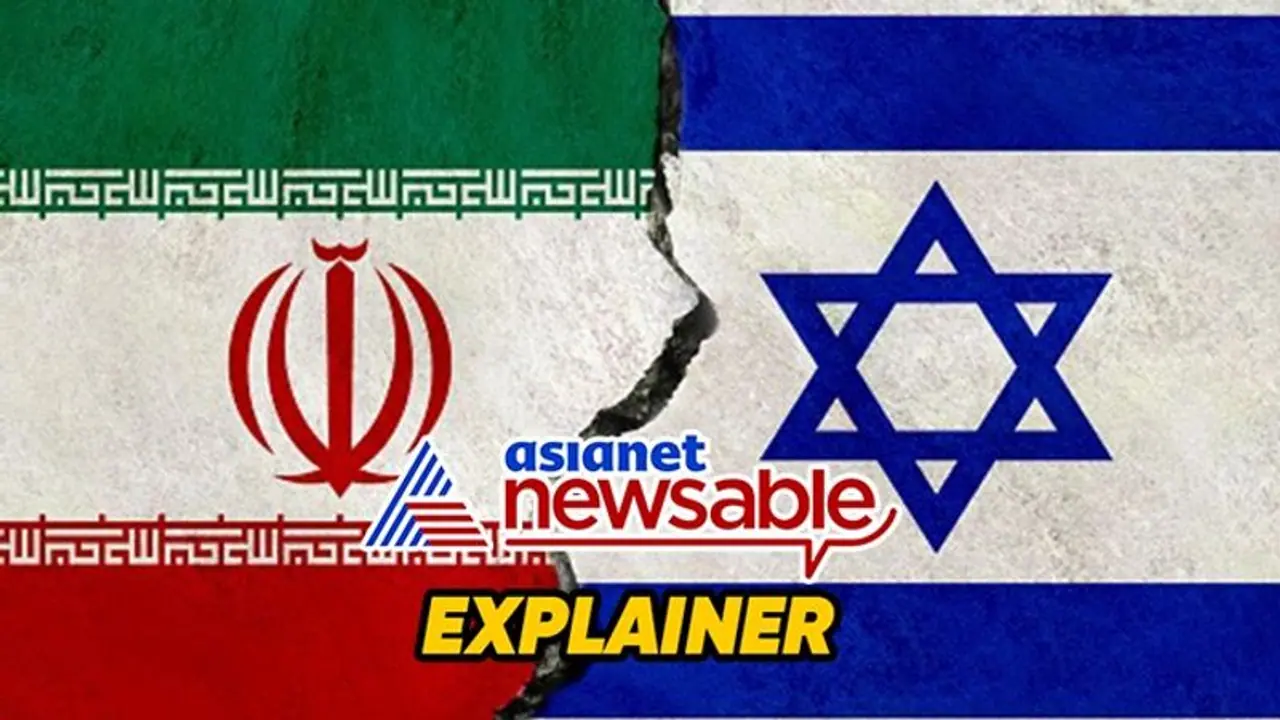The article discusses the escalating tensions and potential for conflict between Israel and Iran, including recent airstrikes, diplomatic interactions, and the involvement of the United States.
Even as Israel's war against Palestinian terrorist organization Hamas in Gaza continues to rage on, the country now has to strengthen its forces in another front. Iran has issued a statement indicating readiness for conflict, vowing to retaliate against Israel following an airstrike on their consulate in Damascus. The attack resulted in the deaths of at least seven Iranians, including two generals. While Israel has targeted Iran-associated facilities in Syria in recent months, this incident marks the first strike on an Iranian diplomatic site.

Since the incident, Israel has heightened its state of readiness by halting home leave for combat troops, mobilizing reserves, and reinforcing air defenses. Additionally, the military took action by disrupting navigational signals over Tel Aviv on Thursday, aiming to thwart potential threats from GPS-guided drones or missiles targeting the nation.
Origins of Israel-Iran shadow war
The origins of this covert conflict can be traced back to the overthrow of Iran's final monarch, Shah Mohammad Reza Pahlavi, in 1979. Iran's officials took an anti-Israel stand after the Islamic revolution, siding with organizations like Hamas in Palestine and Hezbollah in Lebanon.
Ayatollah Ruhollah Khomeini, leader of the revolution, introduced a paradigm that largely advocated for Islam. He advocated for a struggle against "arrogant" global powers that oppress various groups, including Palestinians, to further their own agendas.
The Iranian government began to characterize Israel as the "Little Satan" in contrast to the "Great Satan," the United States.
Conversely, Israel views Iran's nuclear aspirations as an existential danger and has purportedly engaged in clandestine efforts to hinder its nuclear program.
The ongoing clashes between Israel and Iran extend beyond mere ideological differences or involvement through proxy groups. Both nations have engaged in direct attacks against each other, although they publicly deny responsibility, leading to the characterization of this conflict as a "shadow war" that has spilled over into various other countries in the region.
Lebanon has emerged as a significant battleground in this shadow war, with Hezbollah serving as a proxy for Iran's interests. Israeli military actions in Lebanon, alongside Hezbollah's rocket strikes into Israel, have perpetuated a cycle of violence along the border.
The civil war in Syria has provided another arena for the conflict, as Iran has increased its military presence to support President Bashar al-Assad and facilitate arms transfers to Hezbollah. In response, Israel has conducted numerous airstrikes targeting Iranian assets in Syria, further escalating tensions.
Additionally, maritime incidents have added to the hostility between the two adversaries, with suspected attacks on commercial vessels attributed to both Israel and Iran.
What is happening now between Iran and Israel?
Suspected Israeli warplanes bombed Iran's embassy in Damascus on Monday, resulting in the death of an Iranian military commander. The strike, which killed seven Iranian military advisers including Mohammad Reza Zahedi, a senior commander in Iran's Quds Force, signifies a significant escalation in Israel's conflict with its regional adversaries.
Iran's Islamic Revolutionary Guard Corps has confirmed the casualties and stated that it reserves the right to retaliate decisively, vowing to deliver a "slap" to Israel in response to the attack.
Why is United States on high alert?
Amidst escalating tensions between Iran and Israel, US President Joe Biden reached out to Israeli Prime Minister Benjamin Netanyahu, affirming unwavering support. A senior Biden administration official emphasized continuous communication and reiterated the United States' full backing for Israel's defense against Iranian threats.
However, shortly after news of Biden's call emerged, Iran issued a warning to the US to refrain from involvement in the conflict. Mohammad Jamshidi, the Iranian president's deputy chief of staff for political affairs, conveyed a message cautioning the US against falling into what Iran perceives as Benjamin Netanyahu's strategic ploy. Iran urged the US to step back to avoid potential repercussions.
The possibility of an all-out war between Israel and Iran remains a looming concern, particularly concerning Iran's nuclear program. Despite Iran's claims of peaceful intentions, Israeli officials harbor skepticism, citing intelligence suggesting otherwise.
Israeli authorities have repeatedly hinted at potential preemptive strikes against Iran's nuclear facilities if they perceive Iran to be nearing weapon capability. Such actions would mirror Israel's historical airstrikes on Iraq's nuclear program in 1981 and Syria's in 2007.
